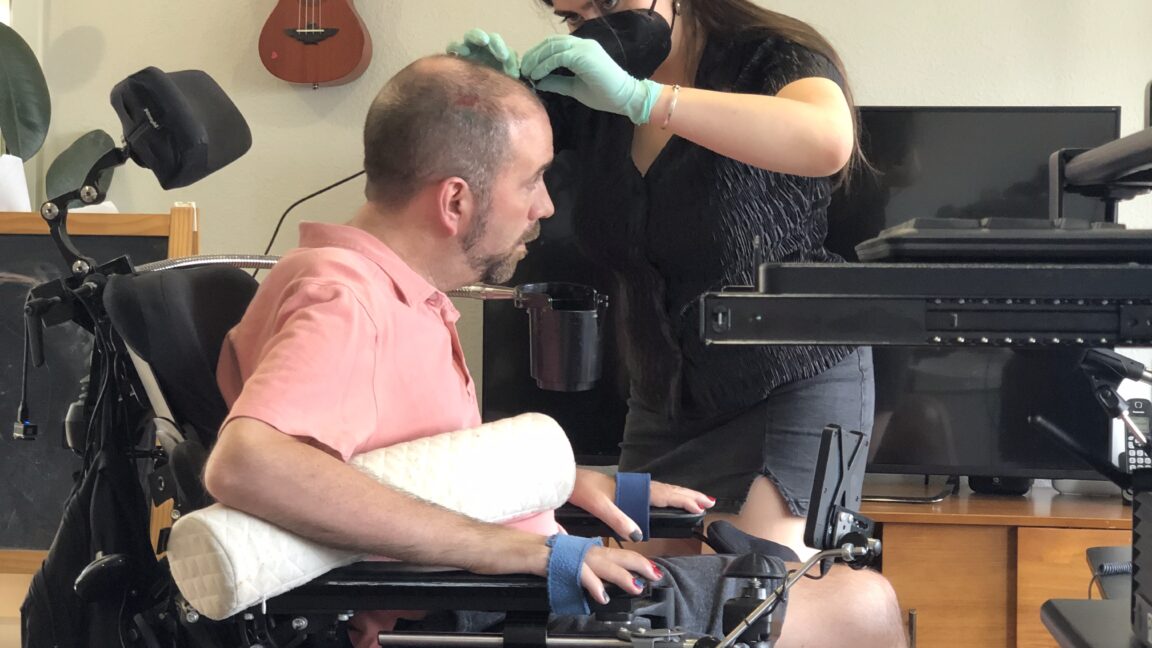UC Davis Breakthrough: Neural Implant Enables Instant, Expressive Speech for Paralysis Patients
UC Davis Breakthrough: Neural Implant Enables Instant, Expressive Speech for Paralysis Patients

A team of scientists at the University of California, Davis has achieved a groundbreaking milestone in neuroprosthetics, developing a neural implant that can instantly translate brain signals directly into speech sounds and words. This revolutionary technology represents a significant leap forward, aiming to provide a ‘fully digital vocal tract’ for individuals with severe paralysis.
Unlike previous brain-computer interface (BCI) systems that often suffered from high latency, limited vocabulary, and an inability to convey the nuances of spoken language like pitch or prosody, this new prosthesis addresses these critical shortcomings. Led by neuroprosthetics researcher Maitreyee Wairagkar and senior author Sergey Stavisky, the UC Davis team’s primary goal is to empower patients with paralysis to communicate as fluently and expressively as possible, allowing them to manage their own cadence and modulate intonation.
This advancement moves beyond text-based neural prostheses, which, while impressive, often yielded high error rates and lacked the spontaneity required for daily conversation. The development offers unprecedented hope for improving the quality of life and communication capabilities for those affected by conditions such as amyotrophic lateral sclerosis (ALS).
Disclaimer: This content is aggregated from public sources online. Please verify information independently. If you believe your rights have been infringed, contact us for removal.